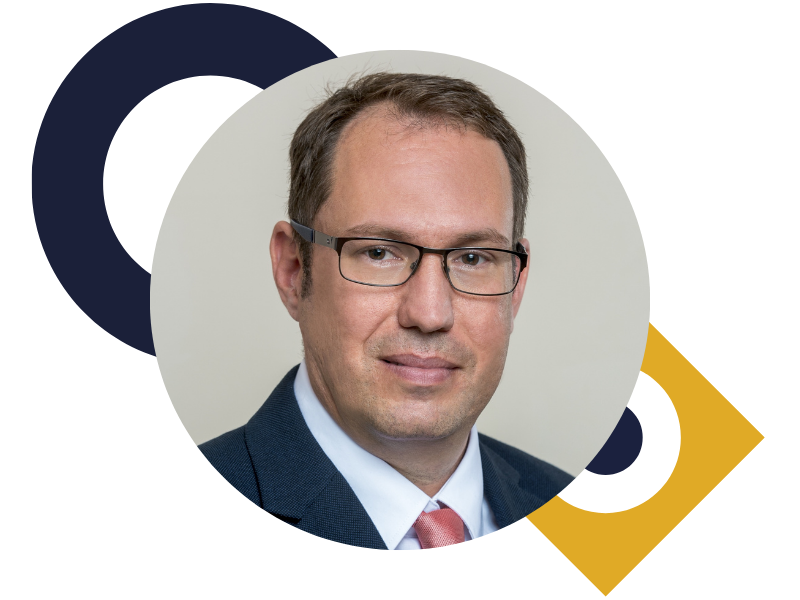Centre for Contemporary Asia Studies
Who we are
The Corvinus Institute for Advanced Studies (CIAS) has established the Centre for Contemporary Asia Studies (CAS) as a semi-autonomous research center with the mission of undertaking research on specific political, economic, and security-related areas of the social sciences in Asia.
As vital to the ongoing growth of a community and network of scholars concentrating on the areas mentioned above, the Centre will support and encourage undergraduate, graduate, and postdoctoral studies and learning in addition to providing education through interdisciplinary and multidisciplinary teaching and collaborative and immersive research.
The primary objective of the centre is to deepen public and scholarly understanding of contemporary Asia and to provide opportunities for students, academics, policymakers, and practitioners from a wide range of disciplines to study, conduct research, and share knowledge about its regions and subregions. It endeavours to produce and disseminate innovative, research-based, and integrated knowledge. Establishing and expanding interactive relationships and linkages with individuals and institutions in Asia is central to this aim.
Main research areas:
- Shifting world order and regional dynamics within Asia
- Regional competition in the Indo-Pacific
- Geopolitics and security of the Asia-Pacific region
- EU-Asia relations
- Regionalism and organisations in Asia (ASEAN, BRICS, SCO, etc.)
Researchers

László Csicsmann
László Csicsmann has been a Full Professor and head of the Corvinus Centre for Contemporary Asia Studies at the Corvinus Institute of Advanced Studies of the Corvinus University of Budapest since November 2023. Previously, he was the Dean of the Kautz Gyula Faculty of Economics and Business at the Széchenyi University in Győr between 2022 and 2023. Before that, he worked at the Corvinus University of Budapest in a variety of capacities between 2002 and 2022, including Vice-Rector for Academic Affairs (2021–2022), Dean of the Faculty of Social Sciences and International Relations (2013–2021), and Director of the Institute of International Studies (2015–2021). Prof. Csicsmann obtained his PhD from the Corvinus University of Budapest’s Doctoral Program in International Relations. His main research interests include area studies with a special focus on the broader Middle Eastern region, South Asia, theories of International Relations (IR) and development, as well as the formation of regional order(s). He has been awarded the Andrew W. Mellon Fellowship of the United States twice; in 2007 and 2010, he conducted research at the Amman-based American Center of Research. Since then, he has frequently visited the region, from Morocco to Iran, on field trips. His special research focus includes the foreign policy behavior of regional states, the post-Arab Spring (disorder) in the Middle East, as well as global dynamics and the Middle East and South Asia. He has recently published in several Scopus-indexed journals, including the South African Journal of International Affairs, the Journal of the Middle East and Africa, Issues and Studies, and the International Journal of Euro-Mediterranean Studies.

Dr Scott N. Romaniuk
Dr Scott N Romaniuk is a Research Fellow at the Corvinus Centre for Contemporary Asia Studies within the Corvinus Institute for Advanced Studies at Corvinus University of Budapest. He was previously a Newton International Fellow of The British Academy, a Visiting Fellow at the International Centre for Policing and Security at the University of South Wales, and an Associate Professor in International Relations in the School of Diplomacy and International Affairs at Euclid University. He was a Non-Resident Fellow at the Taiwan Centre for Security Studies, a Non-Resident Visiting Fellow at the Centre for Studies of South & South-East Asian Societies at Kazi Nazrul University, and a Postdoctoral Research Fellow at the University of Alberta’s China Institute. He holds a PhD in International Studies from the University of Trento, as well as an MRes in Political Research and an MA in Terrorism, Crime and Global Security. His research fields include International Relations (IR), geopolitics, and critical security studies, with a focus on Africa, the Middle East, and the Asia-Pacific regions; science, technology and society (STS); terrorism and counter-terrorism, including violent religious extremism, cyber-terrorism, de-radicalisation, anti-money laundering and countering the financing of terrorism (AML/CFT); and hawala and money transfer operators (MTOs). Email: scott.romaniuk@uni-corvinus.hu / ORCID: 0000-0001-5081-2515

Kristian L. Nielsen
I hold an MA degree in contemporary history from the University of Southern Denmark and a PhD in political science from the University of Tartu. I have previously worked in Estonia, the United States, Denmark and Bosnia and Herzegovina before joining CIAS as a research fellow in 2022. My research has mainly focused on European and Eurasian politics, the EU, transatlantic relations, and various concepts of power in international politics. I have co-edited two books and published several academic articles that have appeared in international journals. In my work I strive to integrate theory and history and always like to take an interdisciplinary approach to research projects. Since the founding of CAS, I am the editor of the Centre’s Commentary series.

Dr. Nuno Morgado
Dr. Nuno Morgado is an assistant professor of geopolitical studies at Corvinus University of Budapest since 2020. He studied political science, international relations, strategic studies, and geopolitical studies at the University of Lisbon and Charles University, Prague. Before he enrolled in doctoral studies, he was an aide to a Portuguese Artillery Colonel, and he served at the Portuguese Ministry of Foreign Affairs. Subsequently, he has held fellowships at the University of Vienna, São Paulo University, MGIMO University in Moscow, Comenius University in Bratislava, and Corvinus University of Budapest. In 2017, he received his doctoral degree in international relations from Charles University, with a thesis about Brazilian and Russian geostrategies in comparative perspective. His main research interest is the analysis of the impact of geography, and other elements of state’s potential, on state’s foreign policy (as this is his understanding of Geopolitics as a scientific approach). For that, he developed a cutting-edge methodological framework, which he keeps applying in diverse case studies e.g. Central European countries, Brazil, Russia, Ukraine, China, and Japan. His results are published in Scopus-indexed journals, as well as in Geopolitics of the 21st Century (Nova Science Publishers) which he edited, besides other well-referenced book chapters.